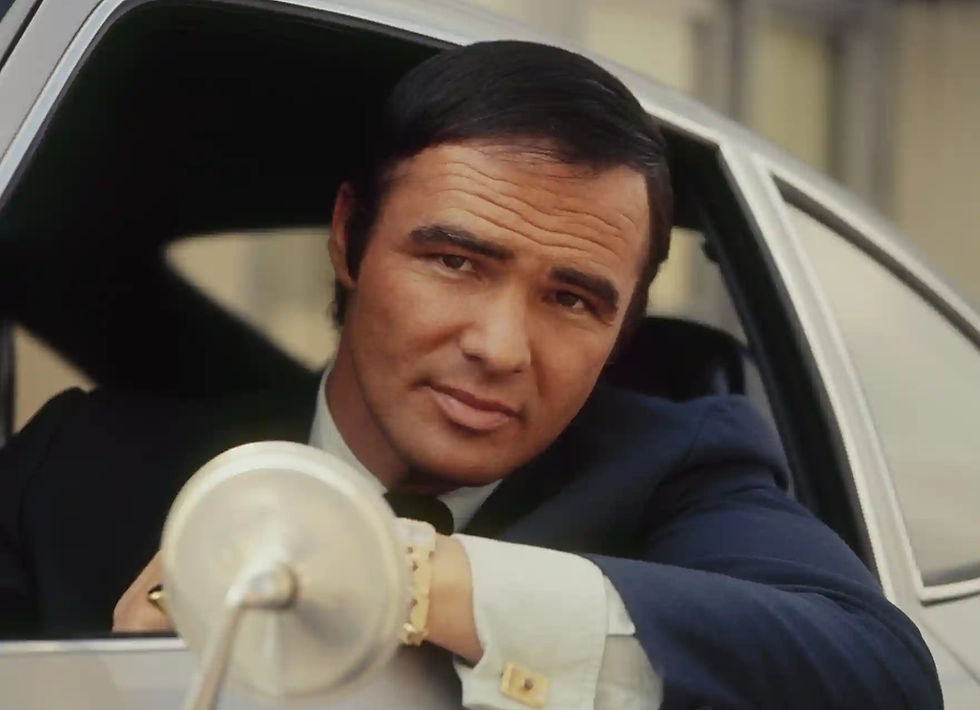The estates of Hollywood stars have agreed to allow the use of their voices through AI technology
- Deepshikha maan
- Jul 5, 2024
- 2 min read
By D. Maan, Jadetimes News
AI Revives Iconic Voices for Audiobooks and More
Actress Judy Garland never recorded her voice for an audiobook of "The Wonderful Wizard of Oz," but soon, thanks to AI technology, you will be able to hear her rendition of the children's novel that inspired the movie. AI company ElevenLabs announced that it is bringing digitally produced celebrity voice overs of deceased actors, including Garland, James Dean, and Burt Reynolds, to its newly launched Reader app. This app can convert articles, PDFs, ePubs, newsletters, e books, or any other text on your phone into voice overs. “We deeply respect their legacy and are honored to have their voices as part of our platform,” said Dustin Blank, head of partnerships at ElevenLabs, highlighting their mission to make content accessible in any language and voice.
Ethical and Legal Implications of AI in Hollywood
ElevenLabs stated that it has made agreements with the estates of the actors whose voices are being used, though details about compensation were not disclosed. This initiative underscores the potential of AI in Hollywood while setting a precedent for licensing and collaboration with estates. The rise of AI technology, particularly in creating images, text, and sound, has made it possible to generate a version of someone's voice saying things they never did, raising ethical and legal questions in industries like journalism and film. ElevenLabs previously made headlines when its tool was reportedly used to create a fake robocall from President Joe Biden, urging people not to vote in New Hampshire’s presidential primary, further fueling the debate on AI's appropriate usage.
Controversy and Legal Nuances of Synthetic Voices
The partnership with the estates of Hollywood stars comes shortly after OpenAI faced backlash for introducing a synthetic voice strikingly similar to Scarlett Johansson’s character in the film “Her.” Johansson expressed shock and disbelief, stating that she was angered by the use of her likeness after declining a partnership with OpenAI. While individuals cannot copyright their voice, recordings of their voice can be copyrighted. David Gunkel, a professor at Northern Illinois University, explained that AI is trained on copyrighted recordings, making ElevenLabs' new partnerships legally sound. He compared these agreements to licensing deals for using popular songs in advertisements, where record companies have the right to refuse offers regardless of the money involved.
Market Potential and Ethical Considerations
Bern Elliot, a vice president at Gartner, noted that AI models now require fewer recordings to capture tone, speech patterns, and other elements, making it easier to replicate voices. The primary concern is determining how the owners of these recordings can monetize the voices. The reception of AI generated voices by mass audiences remains uncertain, with potential issues around authenticity. Gunkel highlighted that audiobooks narrated by recognizable voices are highly popular, suggesting that if AI can replicate celebrity voices for various content, it could significantly expand the market. However, the ethical implications and public acceptance of such technology are still to be fully understood.










































Comentarios